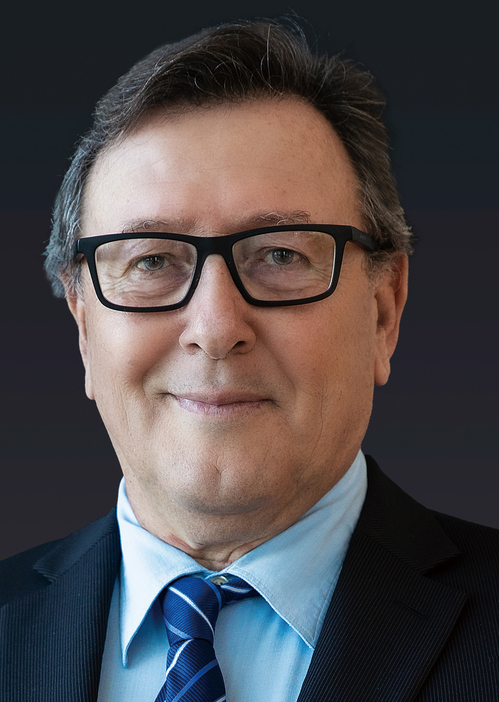

Ibn Sina Distinguished Professor, Biological and Environmental Science and Engineering Division, King Abdullah University of Science and Technology
The oceans of Earth cover 71% of the planet’s surface, and provide many services to humanity, helping to mitigate climate change, produce oxygen, provide food, and more. However, the increase of human activity since the Industrial Revolution has resulted in increased carbon dioxide emissions, biodiversity loss, and other global environmental issues that are having a severely negative impact on marine ecosystems. Professor Carlos M. Duarte has conducted a broad range of research into marine ecosystems that has advanced our understanding of the structure and current state of our oceans. Duarte’s research has shed new light on the functions provided by marine ecosystems (i.e., ecosystem services), and argues that harnessing those functions could allow us to mitigate the global warming and other global environmental issues.
In the 1990s, Duarte discovered that the photosynthetic rate per unit ground area of seagrasses, mangroves, and other salt marsh plants is equal to or greater than that of phytoplankton, and that carbon fixed within such plants after their death is sequestered in seabed sediment for more than one thousand years. In 2005, he estimated that the amount of annual carbon burial in vegetated coastal habitats contributes to about 50% of the total carbon burial in all ocean sediments . This finding was striking as the IPCC Fourth Assessment Report (2007) contained no mention of the role of coastal vegetation as a carbon sink. A group of experts that included Duarte later gave this discovery a thorough review in the United Nations Environment Programme (UNEP) Report for 2009. That report referred to carbon absorbed by marine ecosystems as “blue carbon and estimated that an average of 50% of the 244 million tonnes of blue carbon deposited in the entire ocean is stored in vegetated coastal habitats, which account for less than 0.5% of total ocean surface area. As this stored blue carbon is disconnected from the atmospheric carbon cycle, the report concluded that vegetated coastal habitats could play a vital role in preventing global warming.
Vegetated coastal habitats have high biodiversity and help restore fishery resources by providing habitats for juvenile populations of diverse marine life. Mangrove forests, in particular, protect coastlines from waves and rising sea levels. Nonetheless, the habitats of seagrasses, mangroves, and salt marsh plants are the biospheres most affected by human activity, with total area having shrunk to between one half and two thirds of the total area present in the 1940s. Duarte, however, believes that it is not too late to reverse this trend. He is currently working with the UN and other agencies to protect and restore vegetated coastal habitats, with UNESCO announcing in 2021 that its list of registered Marine World Heritage Sites had expanded to “50 ocean places of Outstanding Universal Value.” More recently, Duarte has been promoting a system for managing natural resources in vegetated coastal habitats (defined as Blue Natural Capital), and incorporating the sustainable use of such areas into the economy. Under the imminent threat of global environmental degradation, Duarte’s foresight in seeking out existing “nature-based solutions” to confront global environmental problems stands as a beacon of hope for a sustainable global future.
It is for these reasons that we believe the achievements of Professor Carlos M. Duarte make him worthy of recognition as the recipient of the 2025 Japan Prize honoring achievements in the fields of Biological Production, Ecology, and the Environment.